ACAP
Advocating for Change for Adolescents Project (ACAP) Cameroon
ACAP contributes to the improvement and prioritization of adolescent’s health and well-being in Cameroon through advocacy, education and the development and dissemination of toolkits to improve young people’s health and well-being as well as their meaningful engagement in development matters that concern them. Since 2017, ACAP has been run thanks to the collaborative effort of DESERVE and the Cameroon Agenda for Sustainable Development (CASD), both members of the Cameroon Youth Network.
Problem Statements and Justification
Youth between 10 and 24 years make up over 32% of Cameroon’s population (Population Reference Bureau, 2016). Though adolescents are said to be one of healthiest age groups, they face many health and well-being challenges that limit them from reaching their full potentials. For instance, in Cameroon, early pregnancy among girls with only primary education is up to 178 per thousand girls while HIV prevalence among youth 15-24 ranges between 1-1.8% (NIS, MINSANTE & UNICEF, 2015). Up to 47.2% of girls are married before their 18th birthday (The Population Council & UNFPA, 2009) and many adolescents 15-19 years suffer energy deficiency mainly because of food insufficency (Ministry of Youth Affairs and Civic Eduation, 2015). Moreover, there is accute need for more data on many adolescent health and well-being issues.
ACAP Aim and Milestones
ACAP is a flagship innovation in which young people can meaningfully engage to improve the health and well-being of adolescents. ACAP in Cameroon aims to accelerate accountability for adolescent health and well-being in Cameroon through developing, disseminating and advocating for institutionalization of the Adolescent Health and Well-being Package (AHWP) in secondary schools and youth groups. AHWP consists of:
- The adapted Advocating for Change for Adolescents toolkit in Cameroon (ACAP toolkit) in English and French;
- The toolkit for collection and analysis of disaggregated data on adolescent health and well-being;
- The CSE manual for teaching age-appropriate sexuality education in secondary schools developed by DESERVE.
With support from PMNCH, ACAP toolkit adaption was pioneered in five countries (Cameroon, India, Kenya, Malawi and Nigeria) starting in 2017. In Cameroon, the toolkit has been adapted to the local context and realities (in English and French) which helps empower young people with skills to contribute solutions to some adolescent health and well-being issues.
The outbreak of the novel COVID-19 pandemic in December 2019 posed severe disruptions on adolescent health and well-being in Cameroon and across the world. There was real need to capture the effects of the pandemic on adolescent health and well-being in Cameroon and globally in the ACAP toolkit, forming an addendum section. Significant updates were also made on the ACAP Toolkit to align it with recent evidence and resources on adolescent health and well-being as well as the most up-to-date global version 2018.
Key achievements of the first two phases of ACAP include:
- Engagement with government stakeholders at the 72nd UN General. ACAP Focal Point and National Vice President of the Cameroon Youth Network, Desmond Nji spoke about the necessity for expansion of disaggregated data on adolescents’ health and well-being along with Ministry of Public Health Representative, Dr. Afounde Jeannette (See event here).
- Constitution of the Adolescent Health and Well-being Package (AHWP).
- Launching of the ACAP toolkit during International Youth Day (12 August 2018) in Yaounde. The event was presided over by the Minister of Youth Affairs and Civic Education (MINJEC), Minister Mounouna Foutsou (See event here).
- Over 500 young people directly sensitized on the ACAP toolkits.
- Inclusion of an addendum section on the effects of COVID-19 on the health and well-being of adolescents and young people in Cameroon. This was authored amidst the COVID-19 pandemic outbreak that started in December 2019 and had huge effects on children and young people in general.
- Organization of the National Training on Adolescent Health and Well-being in Yaounde on the 27 February 2021 which brought together 26 participants from all regions in Cameroon including active participation of MINJEC (See event here).
Endorsement of the ACAP toolkit by the Minister of Youth and Civic Education, Minister Mounouna Foutsou (See event here)
RESOURCES/OUTPUTS
- ACAP toolkits in English and French
- Lessons learn
- Endorsement of Adolescent Well-being Package on 1 Nov 2021 in Yaounde

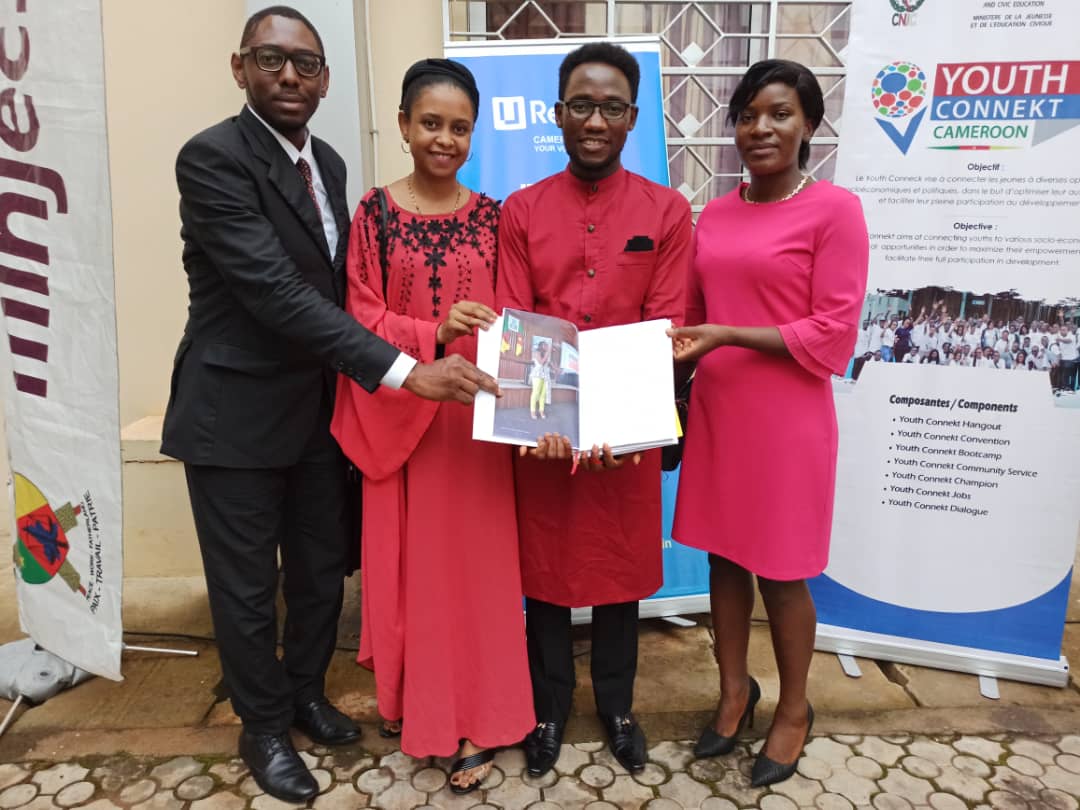
- Launching during International Youth Day 2018
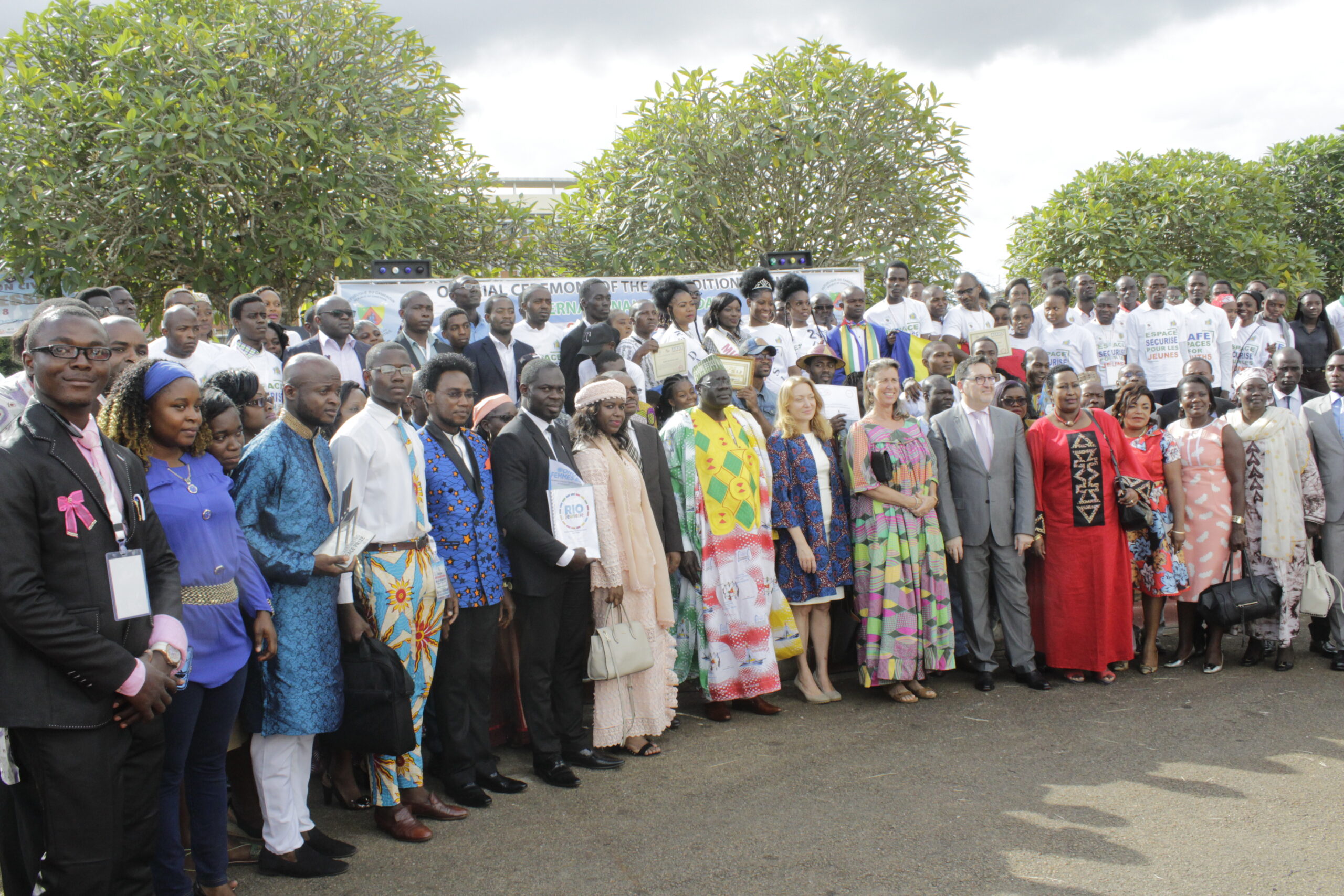
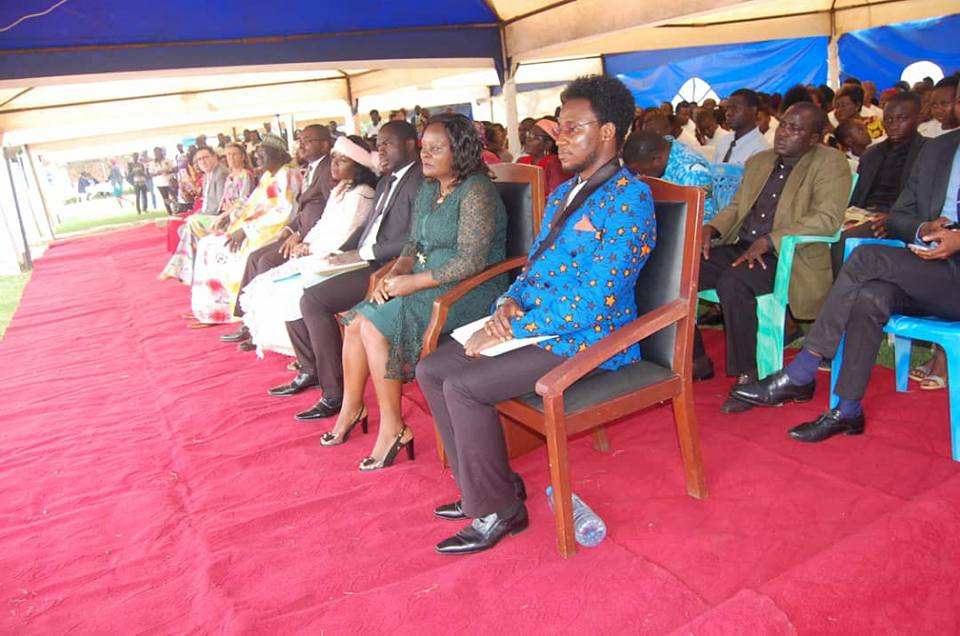
- Engaging the Minister of Youth Affairs and Civic Education, Mounouna Foutsou
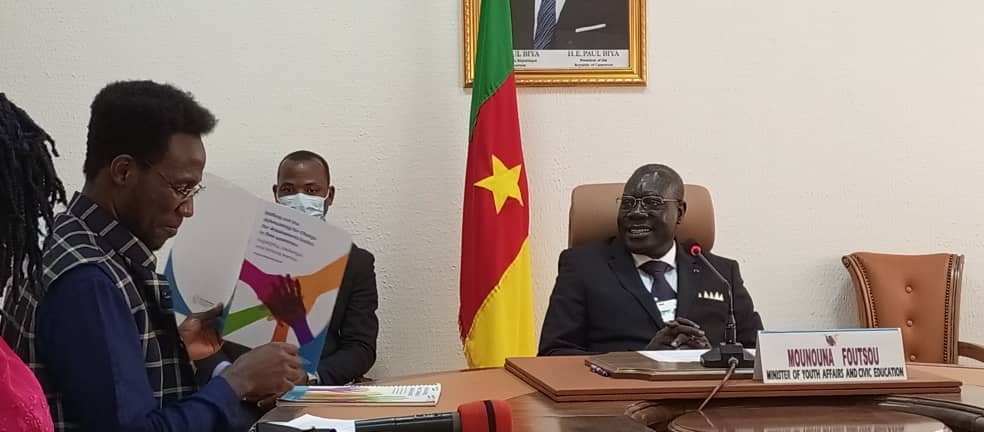

- National Training on Adolescent Health and Well-being
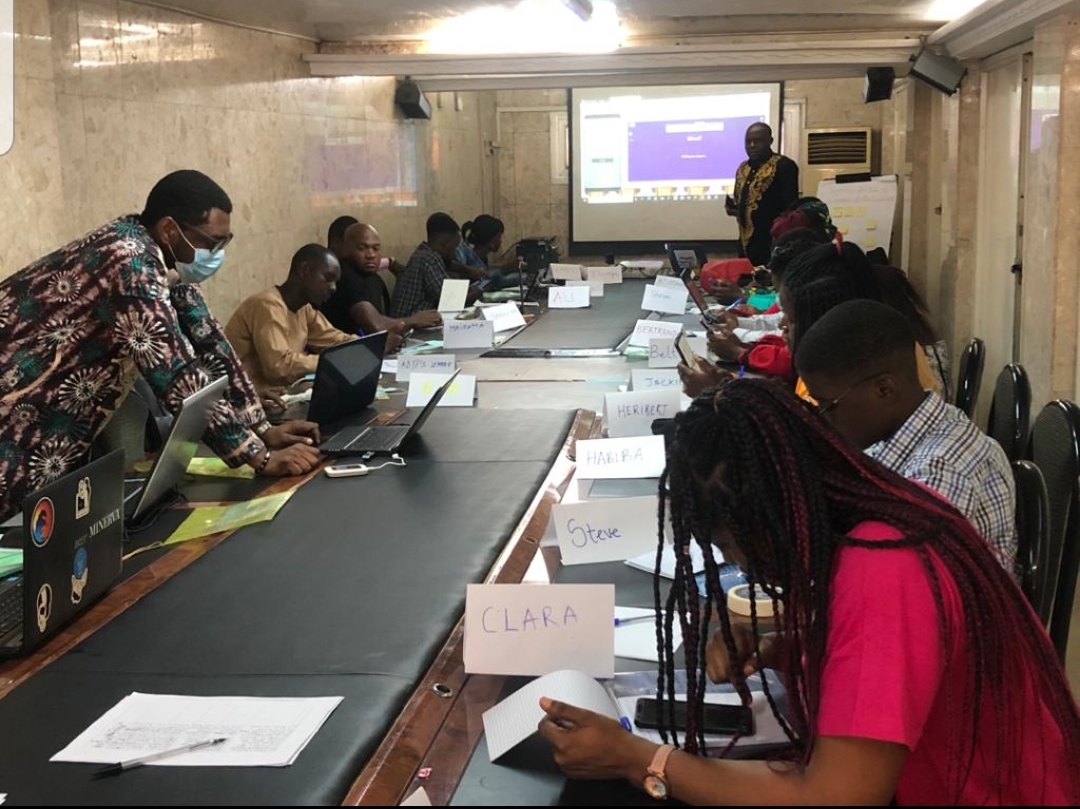
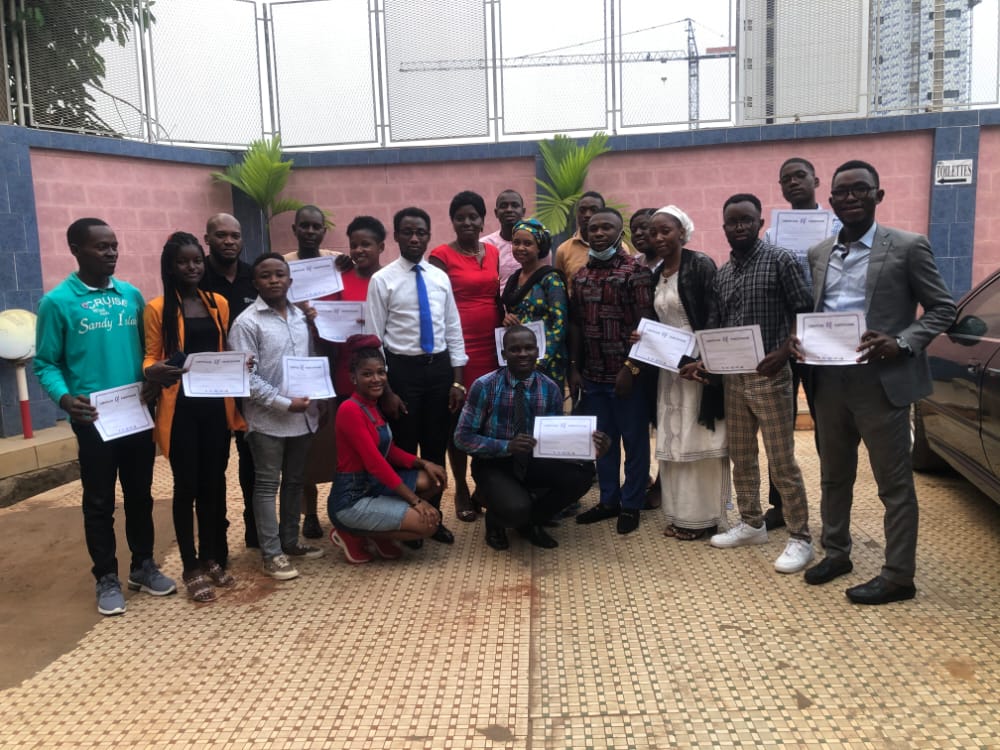
To support this initiative, please donate here